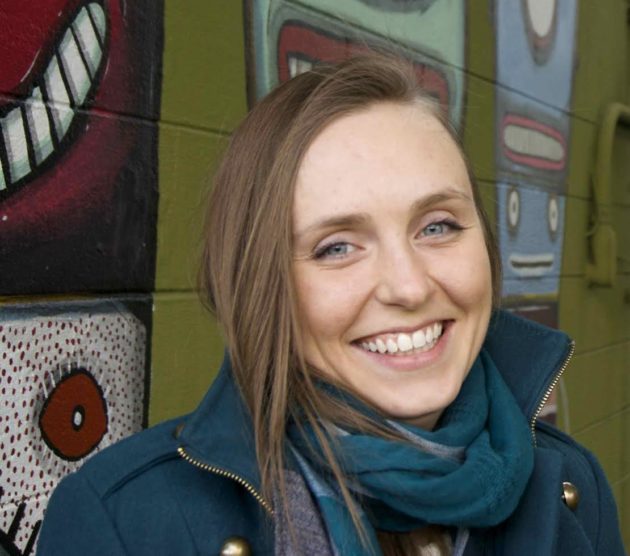
We’ve seen the numbers on diversity in startups, and they’re not good. Less than one-fifth of startups that receive funding are led by women, and investors are more likely to invest in male-led ventures over female-led ventures.
Those numbers trickle down into startup workplaces, which tend to have very low percentages of women and other minorities.

But even though we have plenty of facts and figures on the diversity problem, there is very little data on the reasons behind it. That leaves startups and other organizations that want to address the issue grasping at straws.
Two Seattle women have decided to take the data issue into their own hands with a project called Catalyze Seattle. The project recently published what’s believed to be the first, and only, study of gender in Seattle’s startup workplaces, and the researchers behind it say the data they collected can be helpful for young startups that want to build a more diverse company.
“If anything, we’ve discovered during this survey that — once we understand what’s happening — it’s very possible to make improvements. It’s not this theoretical, scary thing. It definitely takes some courage to start working on, but it’s possible,” researcher Martha Burwell said. Burwell is one of the project organizers, and also works with small businesses to help them become more inclusive.
Ruchika Tulshyan, a longtime business journalist who co-leads the project with Burwell, said that one of the key things startups can do is make diversity a priority from the get-go.
“We’re starting to see companies scramble because they realize, ‘oh no, we don’t have diversity built in.’ We’re hoping more startups, literally from the ground up, can build this. Because it’s to do with innovation, it’s to do with bottom line, it’s to do with building great companies. It’s not at all a charity thing that needs to be looked at at the last minute,” Tulshyan said.
While this first study focused on gender, those general rules can also apply to racial diversity, and the project hopes to do a similar survey on race soon.
Tulshyan and Burwell both became involved with gender equity after having a similar revelation: the way we normally think of addressing diversity isn’t working.
“So much of what existed was based on telling individual women what they were doing wrong and how to they needed to change their behavior to succeed in workplaces that weren’t always welcoming to them. But there wasn’t that much on…

